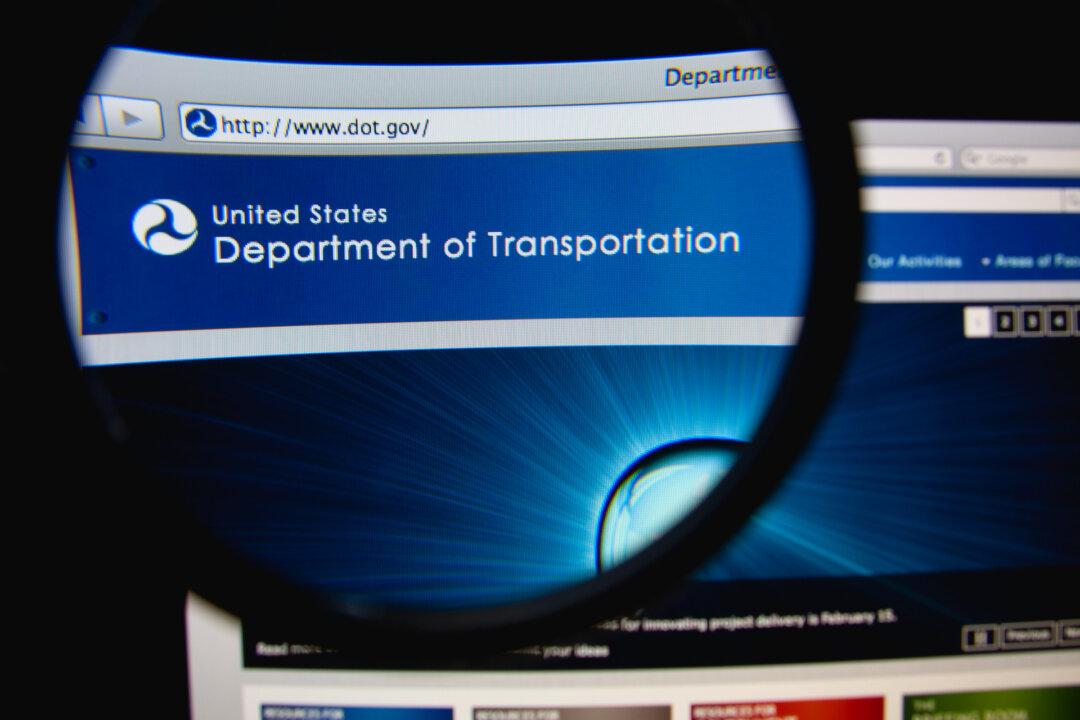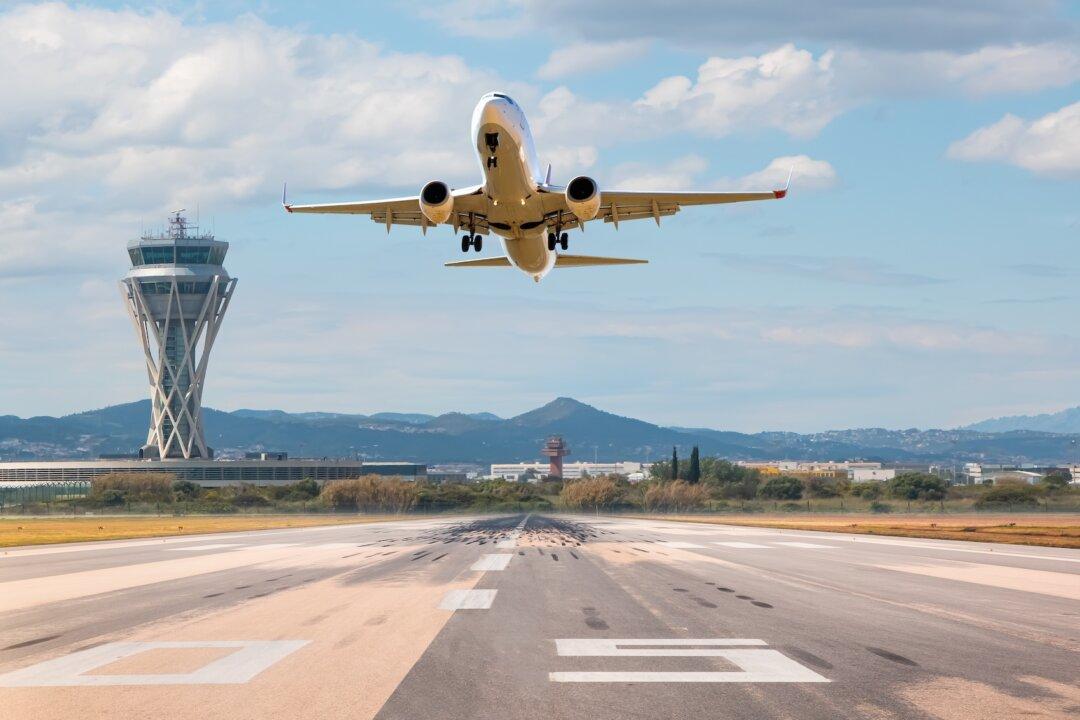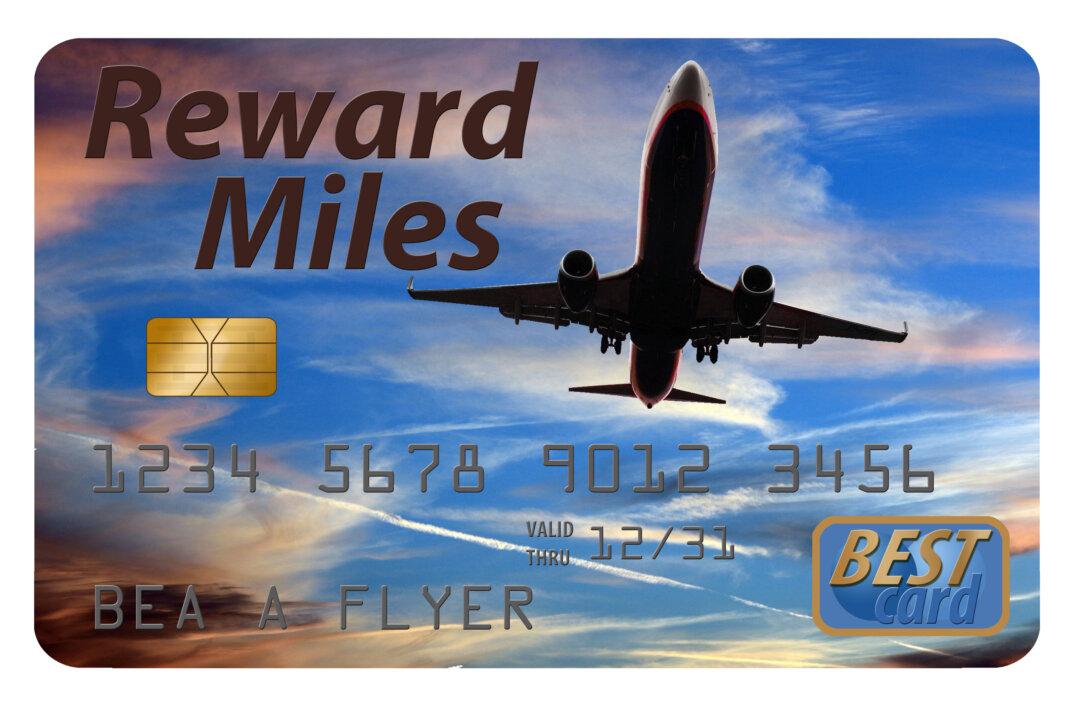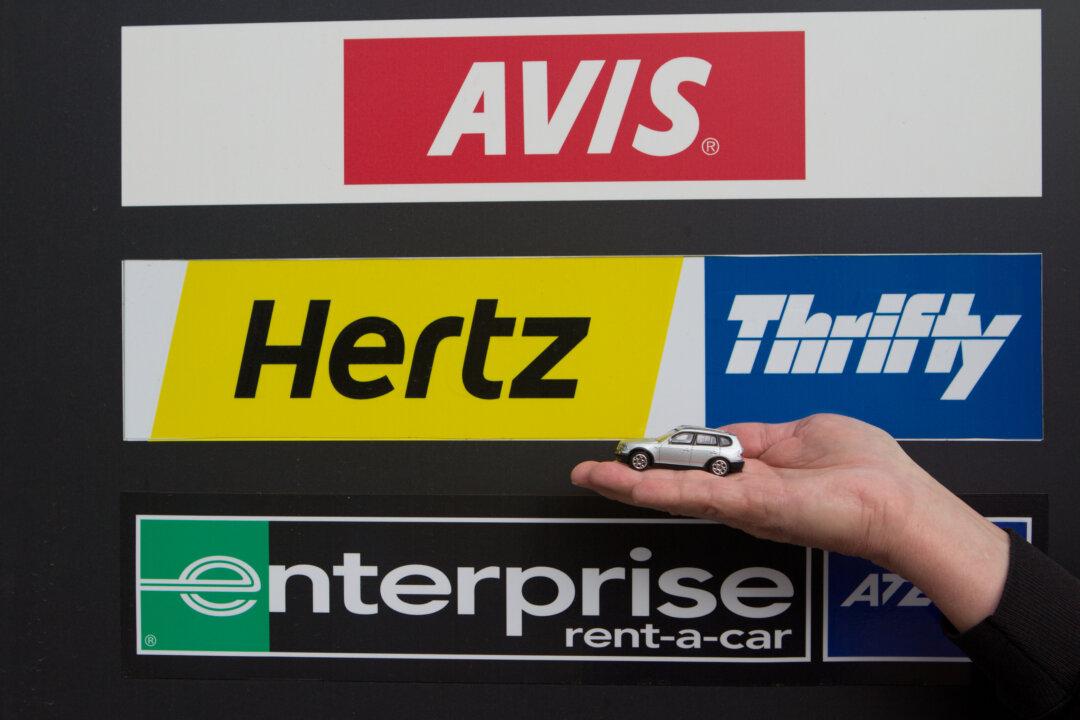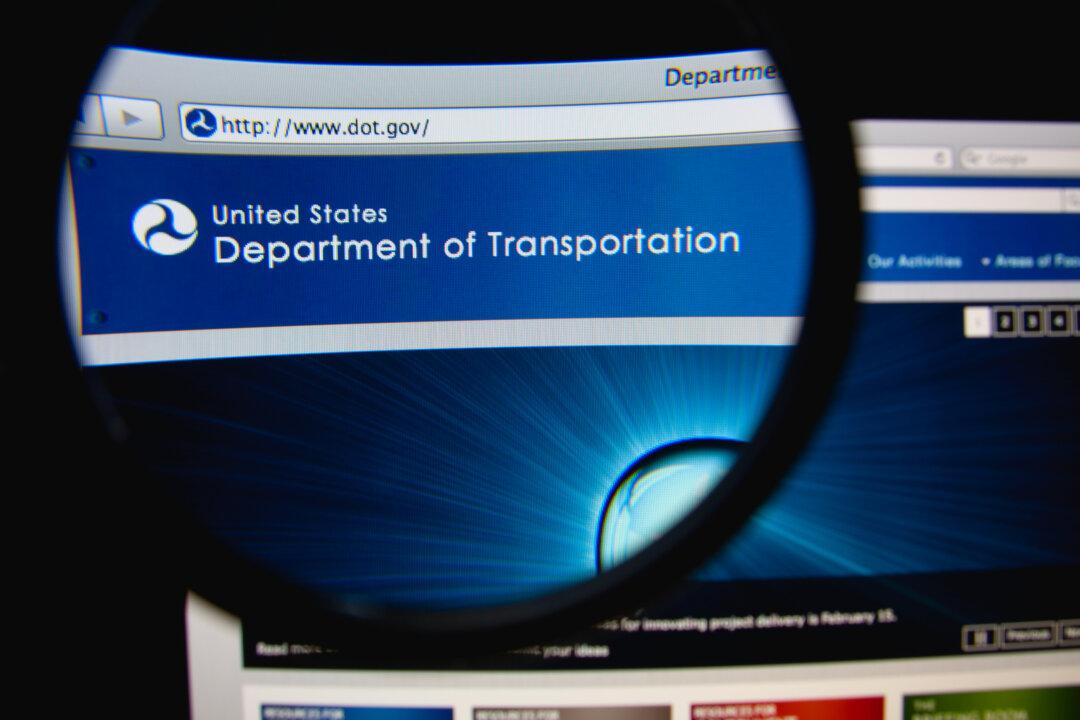You’ve probably seen some coverage of last week’s big “New Rules” announcements from the Department of Transportation (DoT). Some of the coverage has been a bit over the top, but overall the new rules are good rather than great news for consumers.
Refunds. Probably the most important new rule requires airlines that owe you a cash refund to make that refund fully, promptly, and automatically. For years, a fundamental rule has been that when an airline cancels a flight or delays it significantly, the airline owes you its next available seat or some other voluntary accommodation. But if you don’t like the airline’s offer, for any reason, it owes you a full refund.

